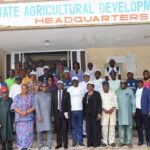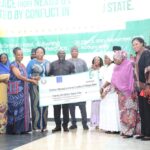ECOWAS Advances Gender Equality with Landmark Self-Assessment Workshop in Praia.
By Raymond Enoch
The Economic Community of West African States (ECOWAS) has taken a bold step toward institutionalizing gender equality across its structures, following the conclusion of a four-day Regional Self-Assessment Workshop on the Gender Equality Seal for Public Institutions (GES-PI). The workshop, which ended on Thursday, September 25, 2025, was hosted in Praia, Cabo Verde, and organized by the ECOWAS Gender Development Centre (EGDC) under the leadership of the ECOWAS Commissioner for Human Development and Social Affairs.
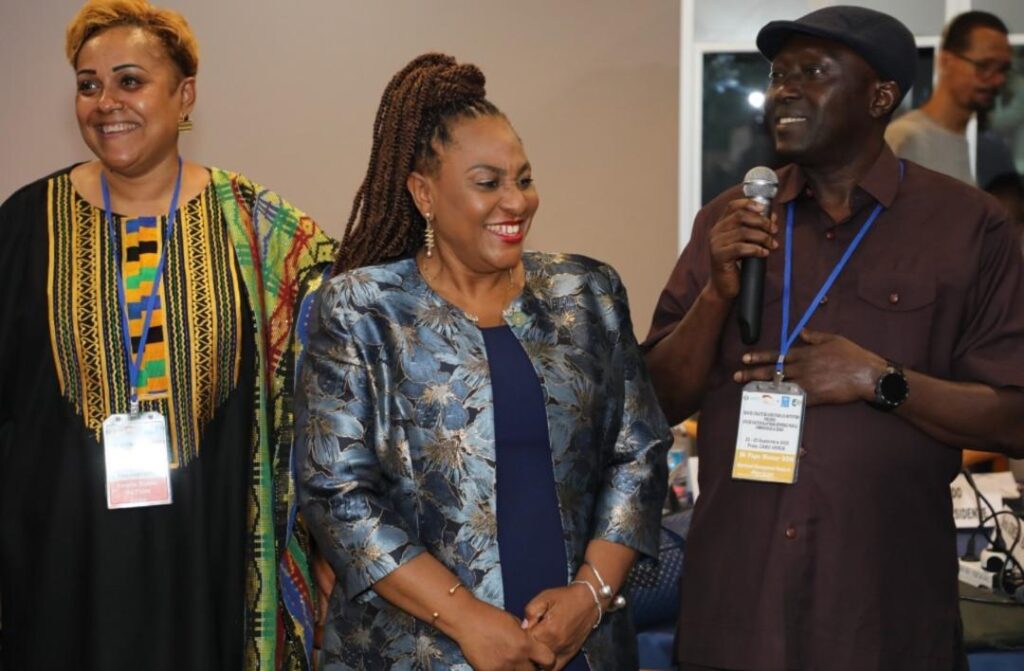
This high-level regional meeting brought together key stakeholders, including members of the ECOWAS Gender Equality Committee (GEC), technical experts from GIZ and the United Nations Development Programme (UNDP), as well as representatives from EGDC and the Inter-Governmental Action Group against Money Laundering in West Africa (GIABA). The workshop builds on the momentum generated by the official launch of the GES-PI initiative in Accra, Ghana, in September 2024.
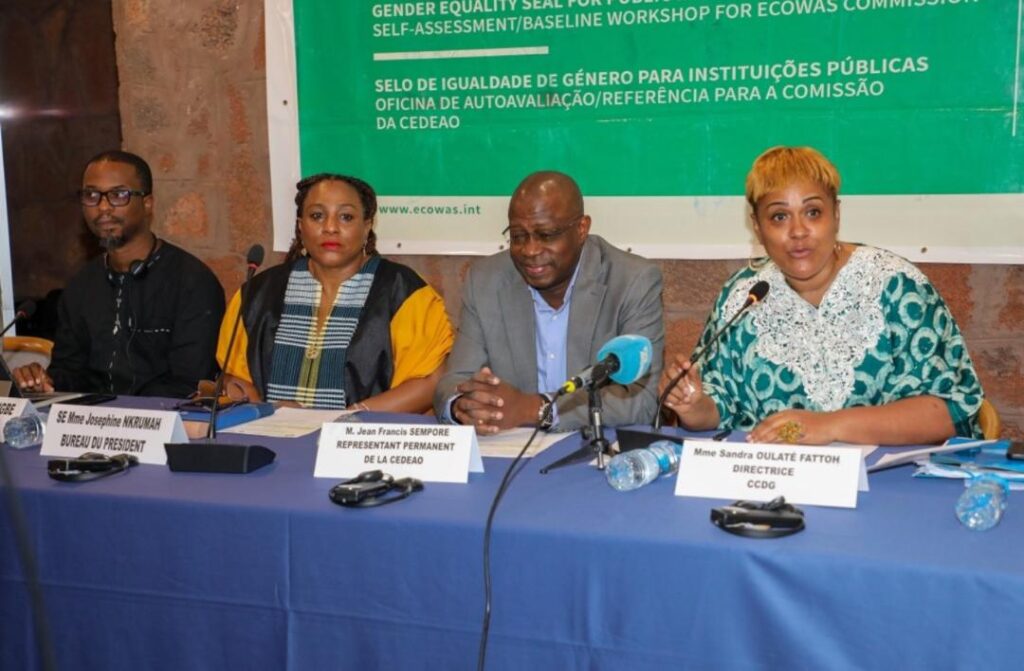
The GES-PI is a tool designed to help public institutions identify, assess, and close gender gaps using globally recognized methodologies and standards. The Praia workshop focused on enabling committee members and gender focal points to conduct self-assessments of their respective institutions, with the goal of advancing gender equality throughout the ECOWAS system.
Key outcomes from the workshop include the identification of a phased hybrid model for implementing the Seal across ECOWAS structures, the adoption and appropriation of the Seal’s tools and methodology by participants, the consensual selection of pilot ECOWAS departments and agencies, and the updating of the implementation roadmap alongside a clearly defined strategy for ongoing technical support.
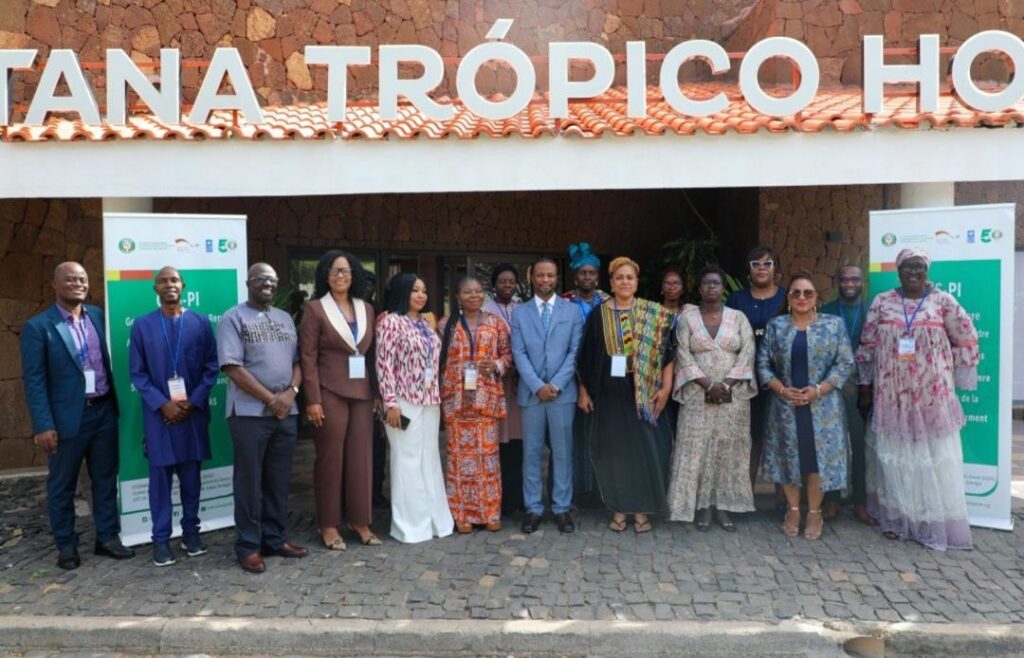
According to participants, the workshop fostered a strong sense of ownership and commitment among regional actors, reinforcing ECOWAS’s dedication to turning gender equality from policy into practice. “This initiative is a turning point,” said one participant. “It shows that gender equality in ECOWAS is no longer just a talking point—it’s a measurable commitment.”
With the foundation laid in Praia, ECOWAS is now set to begin the practical implementation phase of the GES-PI, positioning itself as a regional leader in gender-responsive governance and aligning its work with broader continental and global goals, including the Sustainable Development Goals (SDGs).



